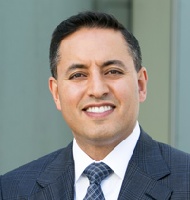 Lakeside Juvenile Law Lawyers, California
Lakeside Juvenile Law Lawyers, California
Sponsored Law Firm
-
 x
x

Click For More Info:
-
Terry S. Allen, Attorney at Law
316 South Melrose Dr Suite 206 Vista, CA 92081» view mapCriminal Defense Law Defending Your Rights
Terry Allen is a practicing lawyer in the state of California who handles Criminal and DUI cases.
800-852-8530
Sponsored Lawyers
1-9 of 9 matches
Juvenile Law, Domestic Violence & Neglect, , DUI-DWI, White Collar Crime
Attorney Vikas Bajaj is widely regarded as one the leading criminal defense attorneys in San Diego, CA. With over 16 years experience, Mr. Bajaj has successfully handled thousands of criminal cases including murder trials. Mr. Bajaj's expertise can be seen in courtrooms throughout San Diego as well as both local and national news, where he is called upon to give his expert legal opinion on current issues. If you have been charged with a crime, call the Law Office of Vikas Bajaj, APC today for a free consultation.
(more)



 Terry Allen Vista, CA
Terry Allen Vista, CA AboutTerry S. Allen, Attorney at Law
AboutTerry S. Allen, Attorney at Law Practice AreasExpertise
Practice AreasExpertise

